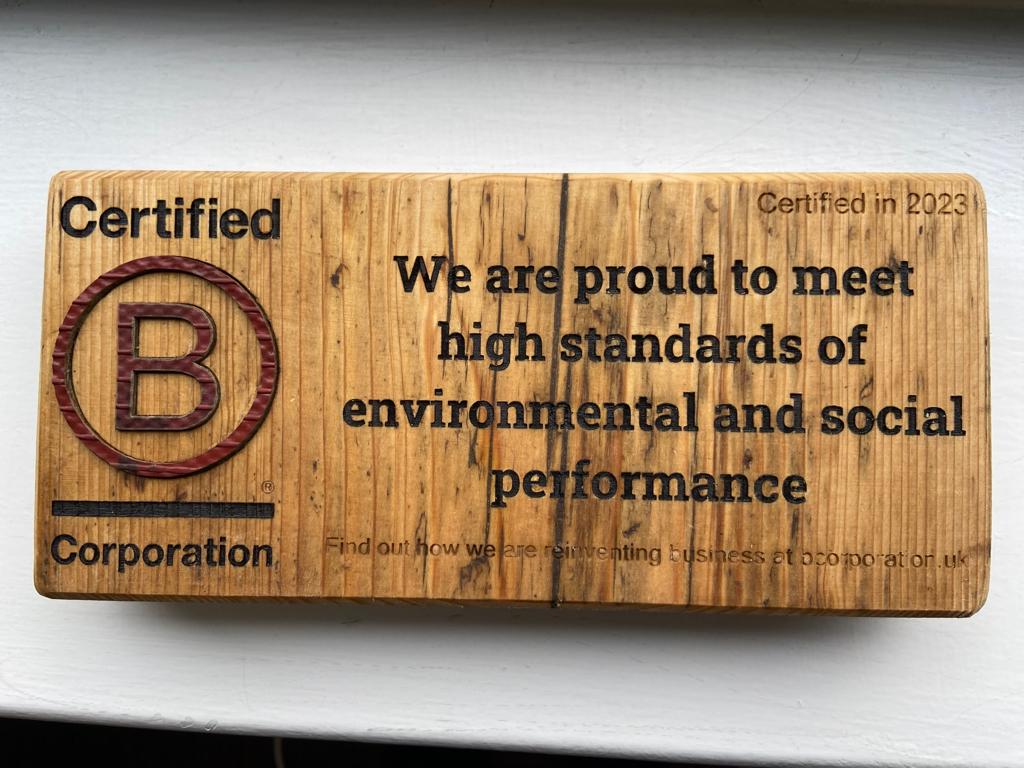What does it take to grow a successful family business? With the countdown underway to the inaugural SoGlos Gloucestershire Business Awards and our sponsorship of the Family Business Award, here we share insights from some of the county’s great family firms.
Family businesses have been the mainstay of our economy for centuries. There are more than 1 million family firms in the UK, employing over 14 million people and contributing over a quarter of the UK’s gross domestic product (the nation’s profitability). Here in Gloucestershire there are shining examples across diverse sectors, and we’ve had the privilege to work with many of them over the last 10 years. More than half of the businesses on LEAD™, our flagship leadership development program, are family companies, so we have a deep understanding of the dynamics in such companies and the challenges the leaders and mangers face.
One of the editions of our award-winning magazine, Leading, was devoted to the insights and experiences of leaders within family firms. Our contributors revealed many of their game-changing decisions; these are three of the most common:
1. Involving non-family members in the top teamThe leaders of successful, long-standing family businesses recruit non-family members into key roles. Chris Creed, second-generation Chief Executive of Creed Foodservice, first made that key decision in 2007 and has subsequently strengthened his top team further. Today, while four Creed brothers remain in the Group, four key roles are held by non-family, including Managing Director Philip de Ternant. In addition, Phil Vickery MBE DL has become a non-executive director, further bolstering the breadth of experience and skills across the leadership team.
2. Focusing on cultureNo leader can achieve success alone. As well as establishing a strong top team, an engaged workforce is crucial and is proven to increase productivity. Paul Bence, fifth-generation Managing Director of George Bence Group, understood the importance of bringing the staff at the 167-year-old builders’ merchant onside when he took over as MD in 2011. Introducing an open-door policy, creating opportunities for staff to meet and ask questions of the directors, to share their ideas and see them actioned, are just some of the changes that have significantly shifted the culture towards engagement.
3. Formalising systems and structuresIt’s not uncommon for firms to evolve in rather ad hoc and unstructured ways. This was one of the challenges faced by Luke Freeman, Joint Chief Executive of MF Freeman. From its roots in farming and plant hire, the firm moved into contracting, civil engineering, developing and housebuilding, forestry and leisure. Restructuring into a Group of companies with division heads reporting into Luke helped to ‘professionalise’ the business. Once again, Luke has brought in non-family members to create a robust senior team to help deliver their ambitious business plan within the agreed culture and values.
Each of the three businesses mentioned here are exemplars of all three approaches we’ve outlined, as are many more firms that we work with including the three family businesses short-listed for this year’s awards: E. G. Carter & Co, Forge Motorsports and Hobbs House Bakery.
All are prepared to invest in the development of their leaders and managers, to improve themselves and their companies. Their generosity and willingness to share their experiences offers much for business owners and directors to learn from each other.
If you'd like to read more from the family businesses we work with, contact Jo.draper@quolux.co.uk for a copy of Leading magazine.



